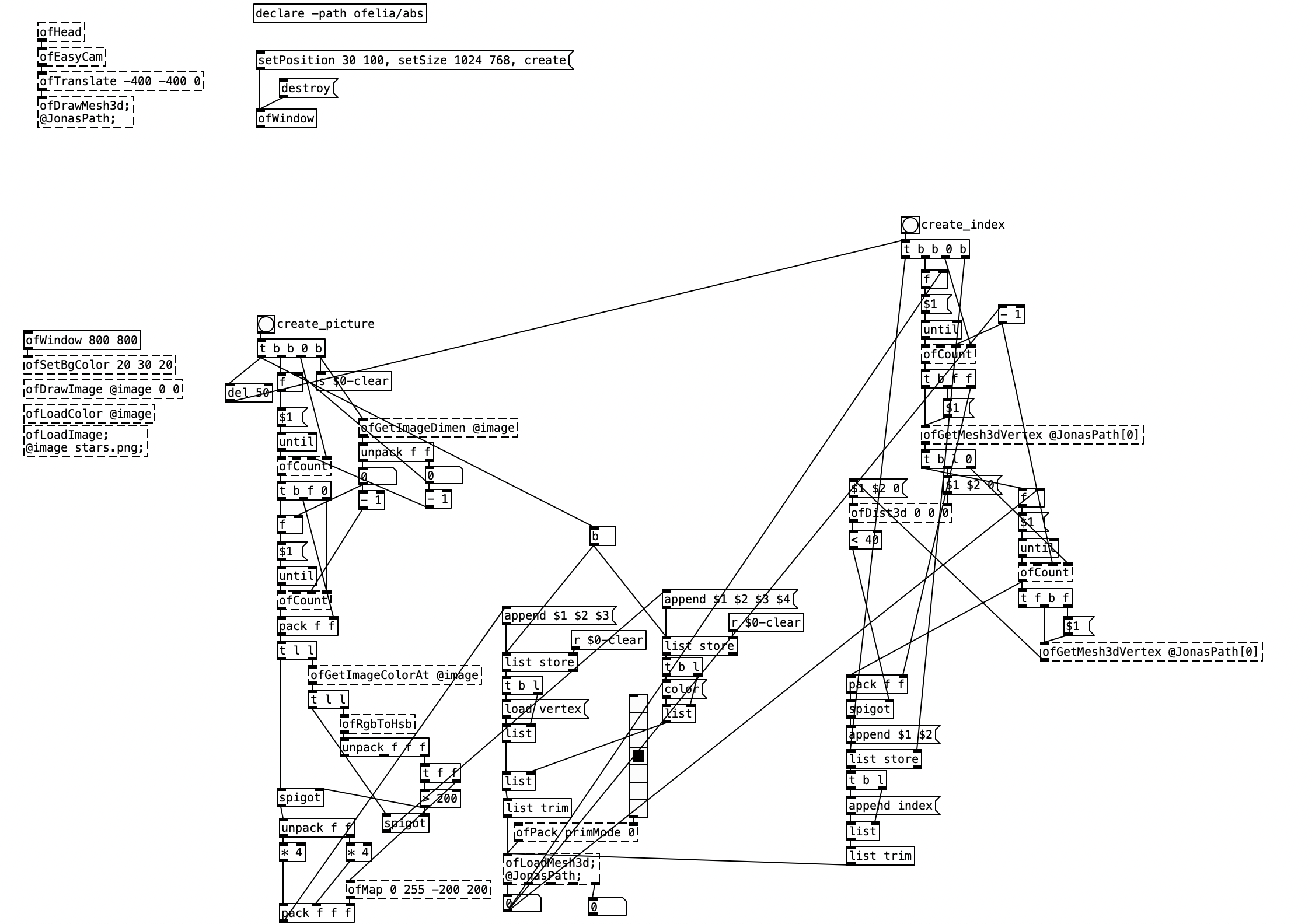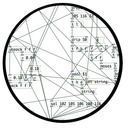Hi man, I implemented the orbit part. Here's the patch. 1521650739907-hubble_13a2.zip
I fixed your patch a bit so it doesn't have to use [delay] anymore.
I also wrote some note about how things work at the top of the patch.
I guess you may have done something wrong with [ofMap]. It doesn't automatically clamp a value between the range so you need to use [ofClamp] or [clip] to clip the mapped value. But I think I will add the 5th optional argument to [ofMap] which can enable/disable the clamp since the OF method also has it. http://openframeworks.cc/documentation/math/ofMath/#!show_ofMap
I think I will quickly add this update to the current version(v1.0.6) today or tomorrow.
Also, you may have been confused when implementing "ofGetElapsedTimef()" in OF which returns the elapsed time in seconds but [ofGetElapsedTime] object in ofelia actually returns the time in milliseconds. So I had to divide the value by 1000 in ofelia.
Since I find this can be confusing to some users (especially ones who used OF), I'm considering to make [ofGetElapsedTime] return the time in seconds and create another object called [ofGetElapsedTimeMillis] to return the time in milliseconds similar to the original OF methods http://openframeworks.cc/documentation/utils/ofUtils/#show_ofGetElapsedTimef
I wonder what you think about this idea.
And If you still have trouble implementing magnifying example in spite of knowing the possible issues I mentioned above, please let me know. 
EDIT: I just updated and re-uploaded v1.0.6 onto Deken after applying the above mentioned things. Check out ofelia/CHANGES.txt file for changes.
And here's an updated patch for v1.0.6 hubble13a3.pd this one no longer divides [ofGetElapsedTime] by 1000 because [ofGetElapsedTime] now returns time in seconds.

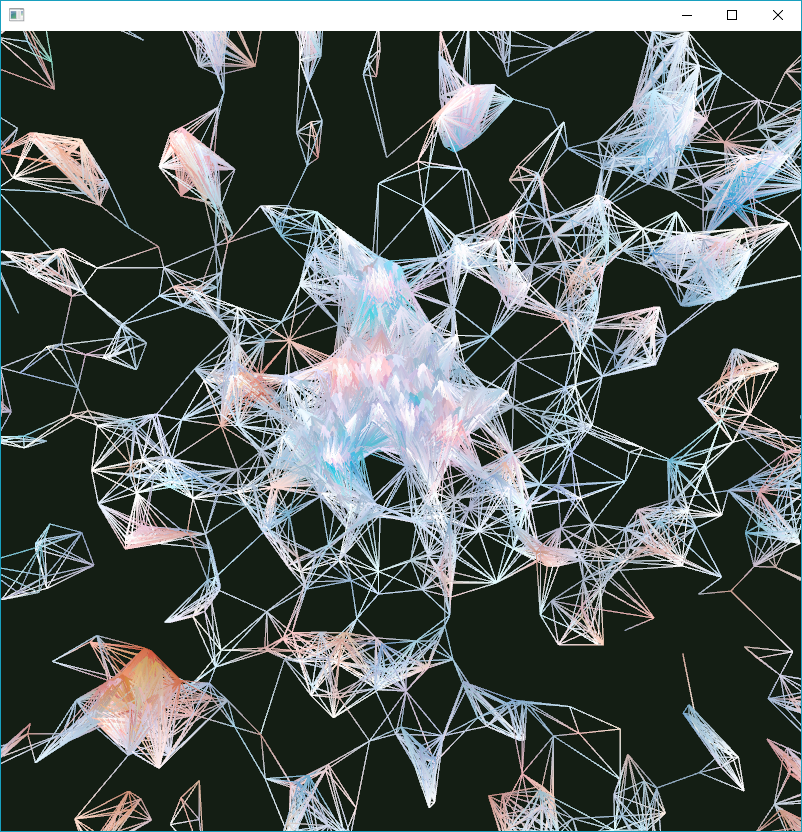

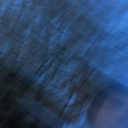
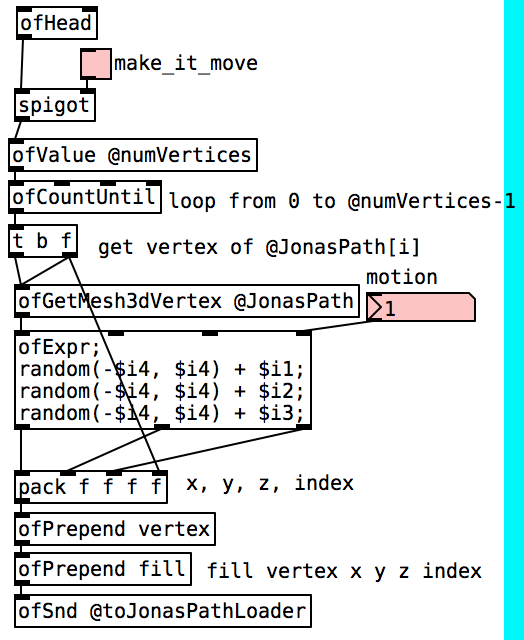

 this way "fill" makes the patch much more efficient, i have around 5% cpu load now. are there cases where it is better to use ofEditMesh3dVertex instead?
this way "fill" makes the patch much more efficient, i have around 5% cpu load now. are there cases where it is better to use ofEditMesh3dVertex instead? 